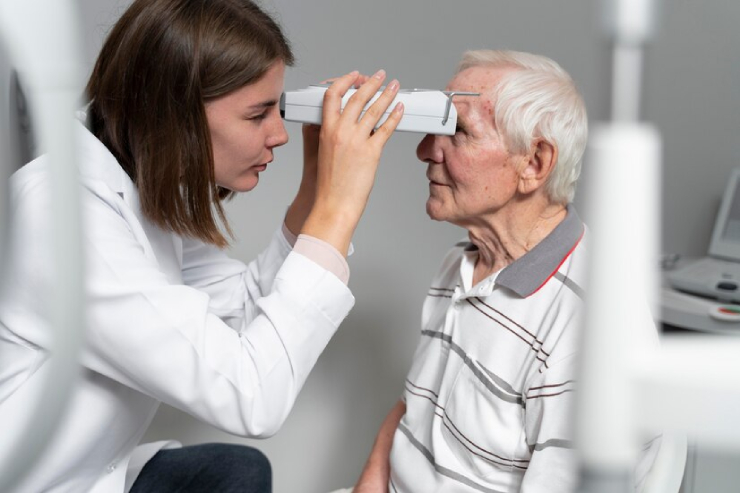
Diabetic retinopathy is a complication of diabetes that affects the blood vessels in the retina, the light-sensitive tissue at the back of the eye. High blood sugar levels can damage these blood vessels, causing them to leak fluid or bleed, which can distort vision. In advanced stages, new, abnormal blood vessels can grow on the retina, further compromising vision.
Non-Proliferative Diabetic Retinopathy (NPDR):
Proliferative Diabetic Retinopathy (PDR):
Diabetic retinopathy often develops without noticeable symptoms in the early stages. However, as the condition progresses, symptoms may include:
The primary cause of diabetic retinopathy is chronic high blood sugar levels, which can damage the blood vessels in the retina. Risk factors include:
Regular eye exams are crucial for detecting diabetic retinopathy, especially for individuals with diabetes. Our eye care professionals will perform several tests, including:
Managing Diabetes:
Medications:
Laser Treatment:
Vitrectomy:
Lifestyle Changes: